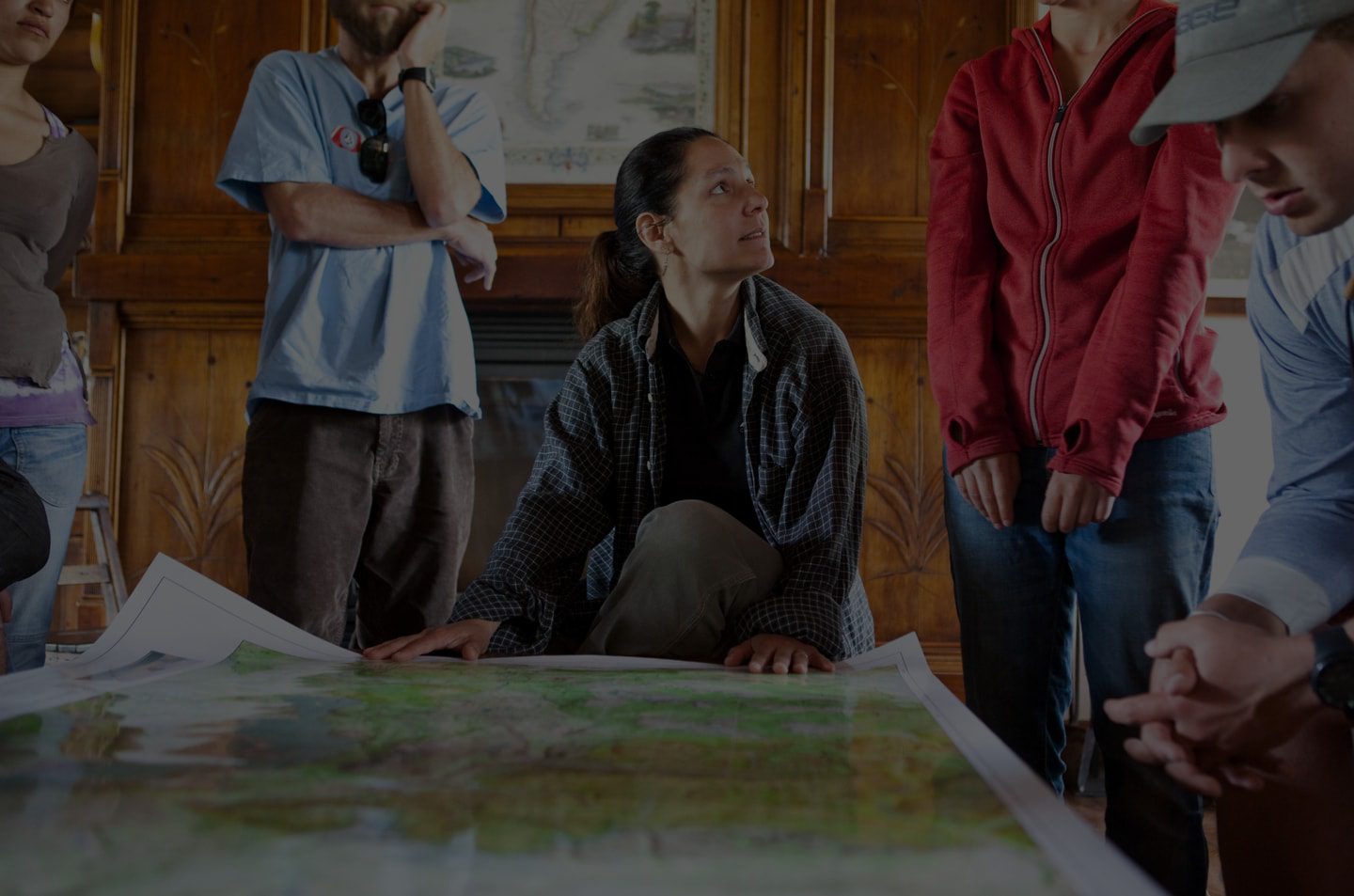Diane MacEachern, for Sustainable Brands
Dating site?
That’s how Yvon Chouinard, the adventurous founder of Patagonia, describes Patagonia Action Works, his company’s new initiative that has nothing to do with outdoor clothing (or hooking up – in the romantic sense) but everything to do with protecting the outdoors (and hooking up – in the activist sense).
The idea – to connect activists who want to help safeguard the environment with grassroots groups already doing so via an easy-to-use website – would not be out of place at an environmental NGO or in the HQ of a philanthropy like the Pew Charitable Trusts. But in an almost billion dollar corporation? That needs to make a profit to survive?
For the Ventura, CA-based B Corp, it’s business as usual. “Patagonia’s reason for existence is to force governments and corporations to take action in solving our environmental problems,” says Chouinard in a video explaining how Patagonia Action Works works. In that light, selling clothing is the means to the end, but not the end itself.
The new venture seems like a logical extension of the mission Chouinard embarked on over 40 years ago when he started his first company, one designed to reduce the destructive impact that mountain climbing equipment like pitons had on the rock face. Eventually those business interests morphed into Patagonia and the company started 1% for the Planet, a unique way to generate money to support environmental protection initiatives by dedicating one percent of the company’s profits to causes like climate change prevention, wilderness protection, and forest restoration.
By the time Donald Trump was elected president in November 2016, Patagonia had donated almost $90 million to groups through its 1% program while inspiring more than 2,000 other businesses to make similar commitments. But Trump’s worrisome victory also helped Chouinard realize that more needed to be done.
While many other companies tiptoed around Trump and a Congress that seems hell-bent on destroying national monuments and parks and polluting the planet, Patagonia wasted no time in fighting back. The November Black Friday following Trump’s election, Patagonia committed to giving away not 1% of its profits but 100% of its sales. Normally, the company would sell $2-3 million on the day after Thanksgiving. On November 25, 2016, they racked up $10 million – and gave it all away.
“Our customers were with us. They wanted to take action as well, and when they heard about our commitment, the response was overwhelming,” says Lisa Pike Sheehy, the company’s Vice President of Environmental Activism. Any businesses looking for the guts to connect with their customers at more places than their shopping carts, take note.
In addition to donating so much money, Patagonia breaks the mold in another way: by discouraging its customers to by more stuff. It famously took out an ad in the New York Times telling people, “Don’t Buy This Jacket” because the environmental costs were too high. The result? People bought more jackets. The company also launched its Worn Wear division, whose motto is, “If It’s Broke, Fix It!” The program’s website offers short tutorials in how to repair everything from a zipper to a tear in a shirt. Failing that, customers can trade in their clothes for credits they can apply to new purchases, while being encouraged to first buy used items that have been refurbished. The program is so successful that the company now operates the largest garment repair facility in the U.S., in Reno, Nevada. In 2017, they did 50,000 repairs.
Patagonia also embraces its competition.
“What’s exciting about our work,” says Sheehy, “is that it’s no good if we do it alone. We have to bring others along on this journey. The outdoor industry has been an incredible industry to bring competitors together and take a stand.”
Sheehy says this is particularly true in marshaling support to protect America’s public lands and national monuments like Bears Ears in Utah, which includes sacred tribal areas the Trump Administration wants to open to mining.
Yvon Chouinard acknowledges that given how seriously the environment is under seige, “It’s pretty easy to get depressed.”
But in the same breath, he says, “I’ve always known that the cure for depression is action.”
Desire for action is what makes Patagonia Action Works so exciting, says Sheehy. “Environmental concerns and issues are under severe attack in the U.S.,” she notes. “But groups are being responsive, creative, and nimble. Together, we are advancing an agenda we believe in as much as we’re pushing back on things that are hard won. Action Works is the proactive answer to despair.”
As for how much money the company continues to donate, Sheehy simply explains that prioritizing profits to protect the planet is not seen as public relations. “It’s part of the cost of doing business” – and not just an acceptable cost, but an obligatory, even moral, one.
Meanwhile, Patagonia Action Works is taking off, fueled by people’s growing hyperlocal interests in connecting to the places where they work and live. On the site, users can identify the issues in their zip code that they care passionately about, then use Action Works to find groups they can support by volunteering, attending events, signing petitions, and donating.
“To do good, you actually have to do something,” Chouinard reflects.
And it seems like that’s exactly what Patagonia’s customers want to do.


